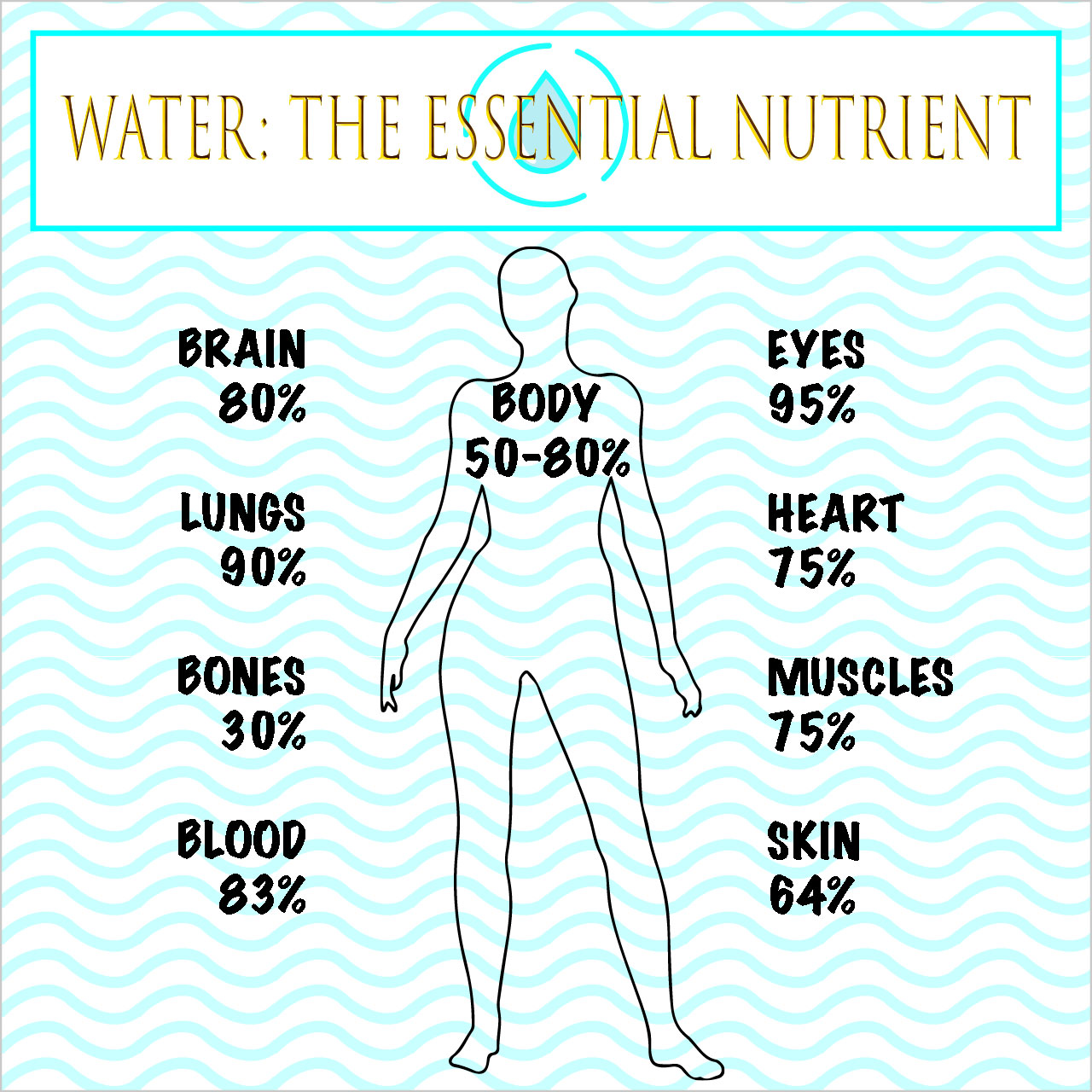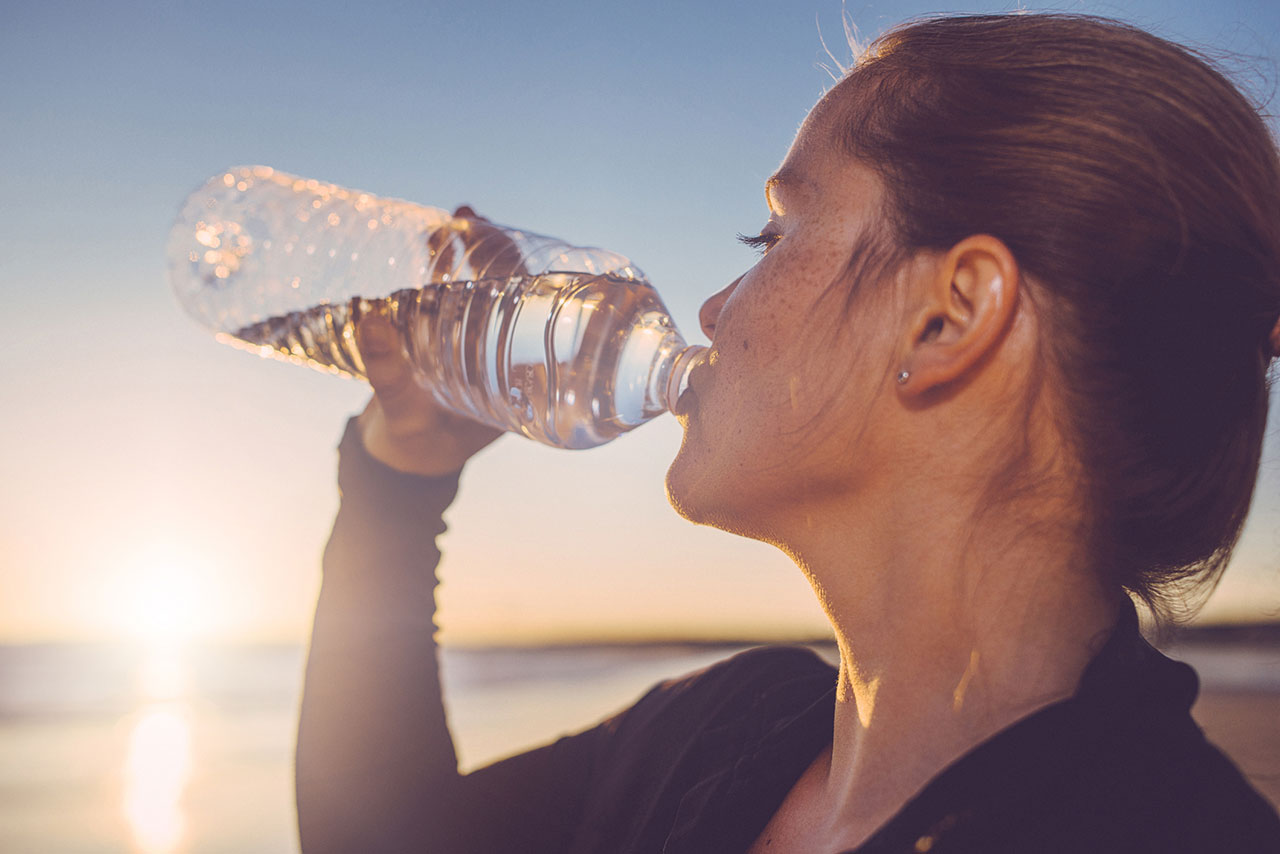
- Like attracts like. The human body is between 50% and 80% water. To keep it functioning properly, we need to replace the water that our bodies lose during daily activities. We can go weeks without food, but only days without water. Since our bodies can’t store water, we need to replenish it every day.
- We lose body fluids (water) from lungs, skin, urine and feces. So even breathing causes water loss.
- Our blood, digestive juices, urine and perspiration all are based on water. Lean muscle, fat, and bones also contain water.
- Lack of sufficient water in our bodies is called dehydration, and severe dehydration can cause death.
- The health and integrity of every one of the cells in the human body is dependent upon water, which carries oxygen to the cells.
- Without enough water, blood is too thick to flow through veins.
- We rely on water to eliminate the by-products of metabolism: excess electrolytes and urea (a waste-product formed by processing dietary protein).
- We can’t sweat without adequate water, which acts to help our bodies regulate temperature.
- Membranes in the mouth and lungs need moisture.
- If your joints ache, try drinking more water. It lubricates and cushions joints.
- Water helps remove bacteria in the bladder, reducing the risk of cystitis and kidney stones.
- We need water to help avoid constipation.
- Water serves as a shock absorber, helping prevent injury to eyes, spinal cord, and a fetus surrounded by the amniotic sac during pregnancy.
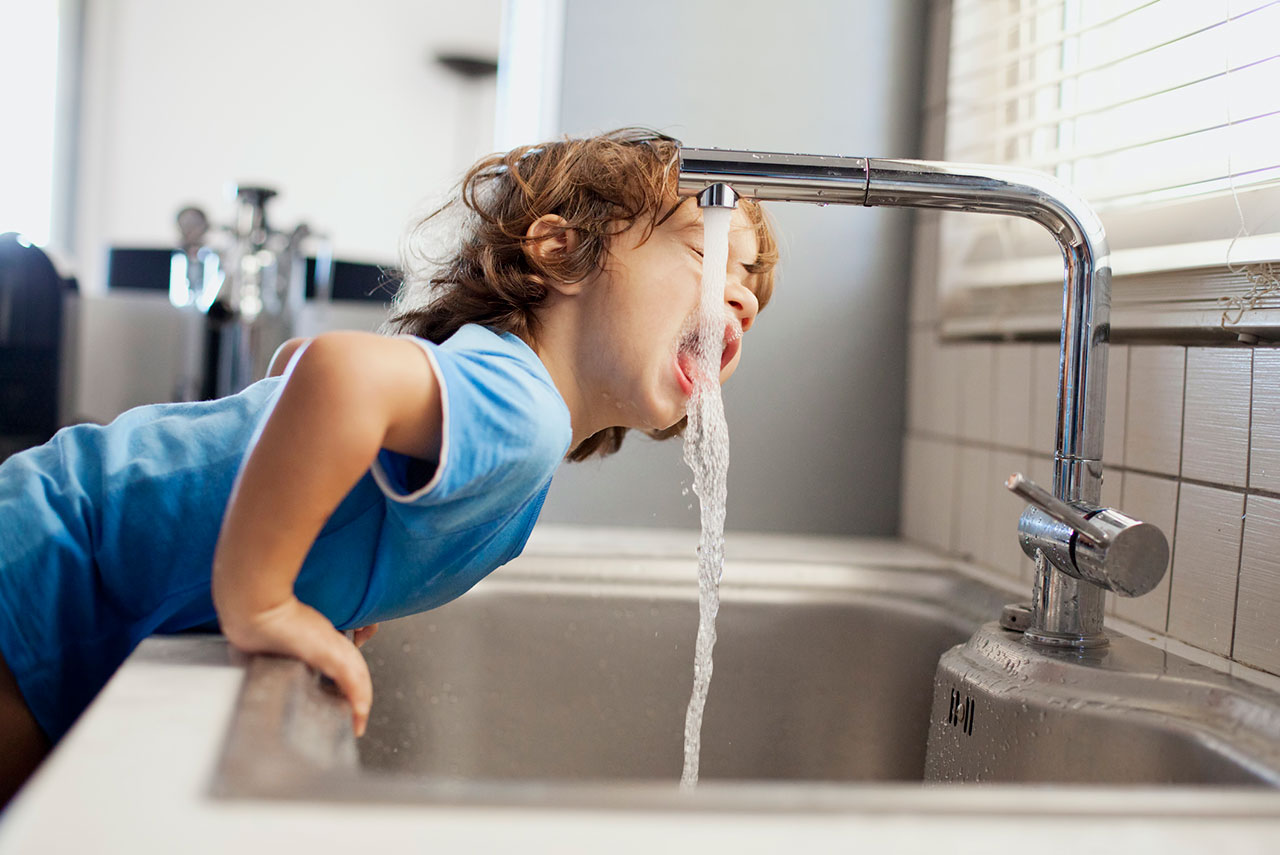
How much water is “enough”?
The amount of water an individual needs depends on age, gender, and activity level. Here’s a chart that shows the general amount necessary for a human body to function normally[1].
| AGE | TOTAL WATER | FLUIDS |
|---|---|---|
| (Food and fluids) | (Including plain water, milk and other drinks) | |
| Children & Adolescents | ||
| 1-3 yr | 1.4 L/day | 1.0 L/day (about 4 cups) |
| 4-8 yr | 1.6 L/day | 1.2 L/day (about 5 cups) |
| Boys | ||
| 9-13 yr | 2.2 L/day | 1.6 L/day (about 6 cups) |
| 14-18 yr | 2.7 L/day | 1.9 L/day (about 7-8 cups) |
| Girls | ||
| 9-13 yr | 1.9 L/day | 1.4 L/day (about 5-6 cups) |
| 14-18 yr | 2.2 L/day | 1.6 L/day (about 6 cups) |
| Men | ||
| 19-30 yr | 3.4 L/day | 2.6 L/day (about 10 cups) |
| 31-50 yr | 3.4 L/day | 2.6 L/day (about 10 cups) |
| 51-70 yr | 3.4 L/day | 2.6 L/day (about 10 cups) |
| >70 yr | 3.4 L/day | 2.6 L/day (about 10 cups) |
| Women | ||
| 19-30 yr | 2.8 L/day | 2.1 L/day (about 8 cups) |
| 31-50 yr | 2.8 L/day | 2.1 L/day (about 8 cups) |
| 51-70 yr | 2.8 L/day | 2.1 L/day (about 8 cups) |
| >70 yr | 2.8 L/day | 2.1 L/day (about 8 cups) |
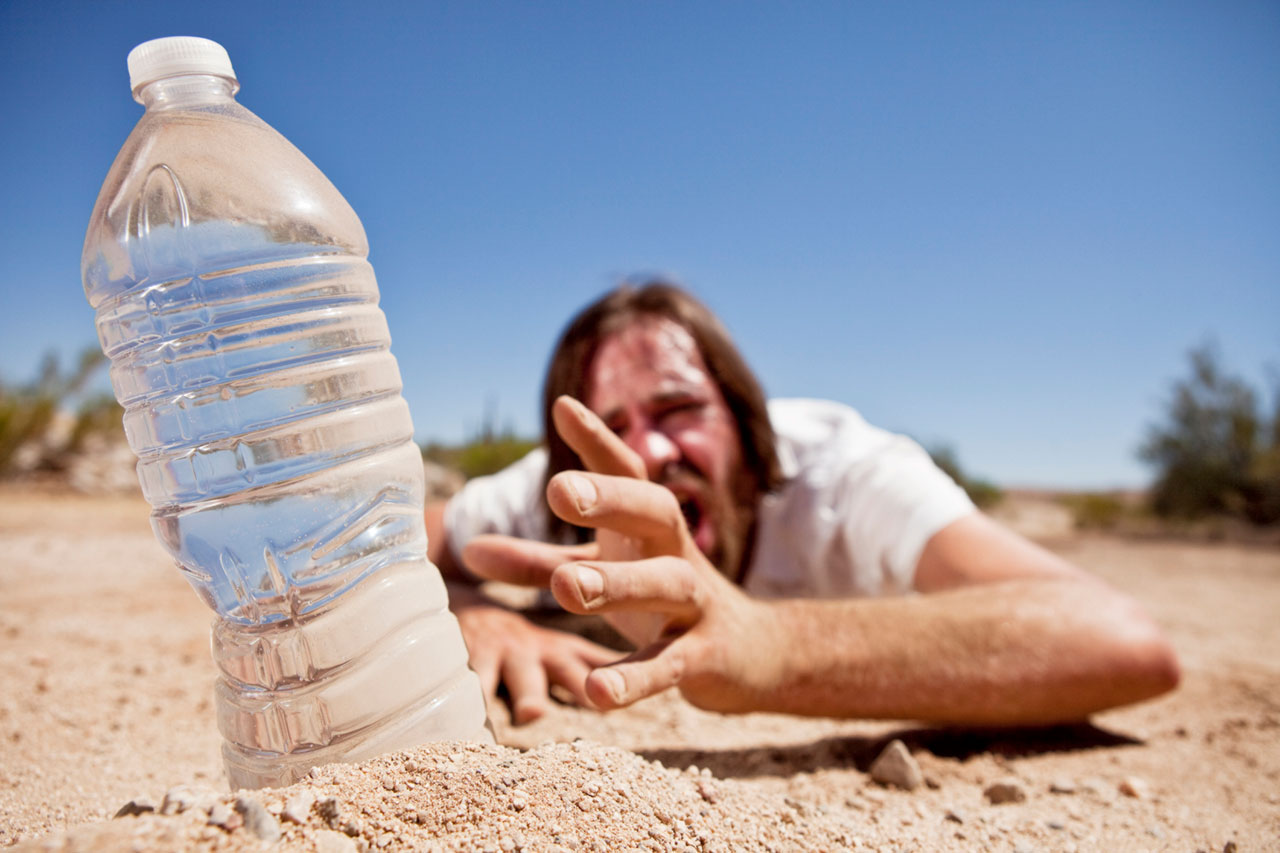
What happens if you aren’t getting enough water?
We’ve already looked at why you need water. So now let’s look at what can happen if you aren’t drinking enough water.
It doesn’t require a lot of dehydration to cause problems in the body. For instance, even a 2% loss of body weight due to dehydration impairs physiological responses and performance. This can cause kidney stones, urinary tract infections and cancers, colon cancer, and mitral valve prolapse (heart murmur). Additionally, too little water results in diminished physical and mental performance.
Ask your dentist and he will tell you that fluid consumption affects your oral health and can affect saliva production, which is essential for maintaining your oral health. (People with “dry mouth syndrome” need to see their dentist and oral hygienist more frequently.)
Older adults are a group of particular concern as the normal aging process can result in decrease in kidney function as well as hormonal changes, and medications can increase this problem.
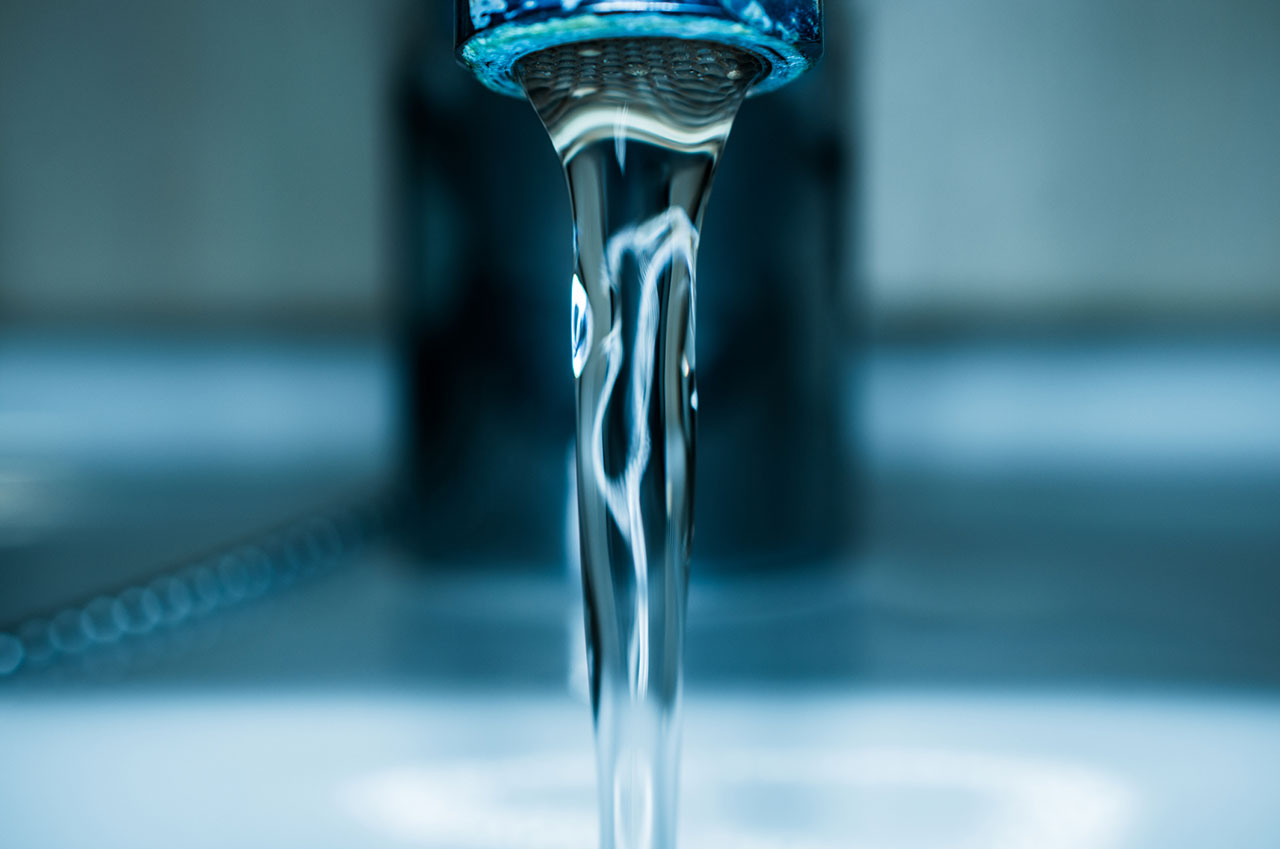
Is tap water or bottled water better?
Water sold in plastic containers is a major source of pollution. A reusable container is a much better way to carry water with you (which you definitely should do).
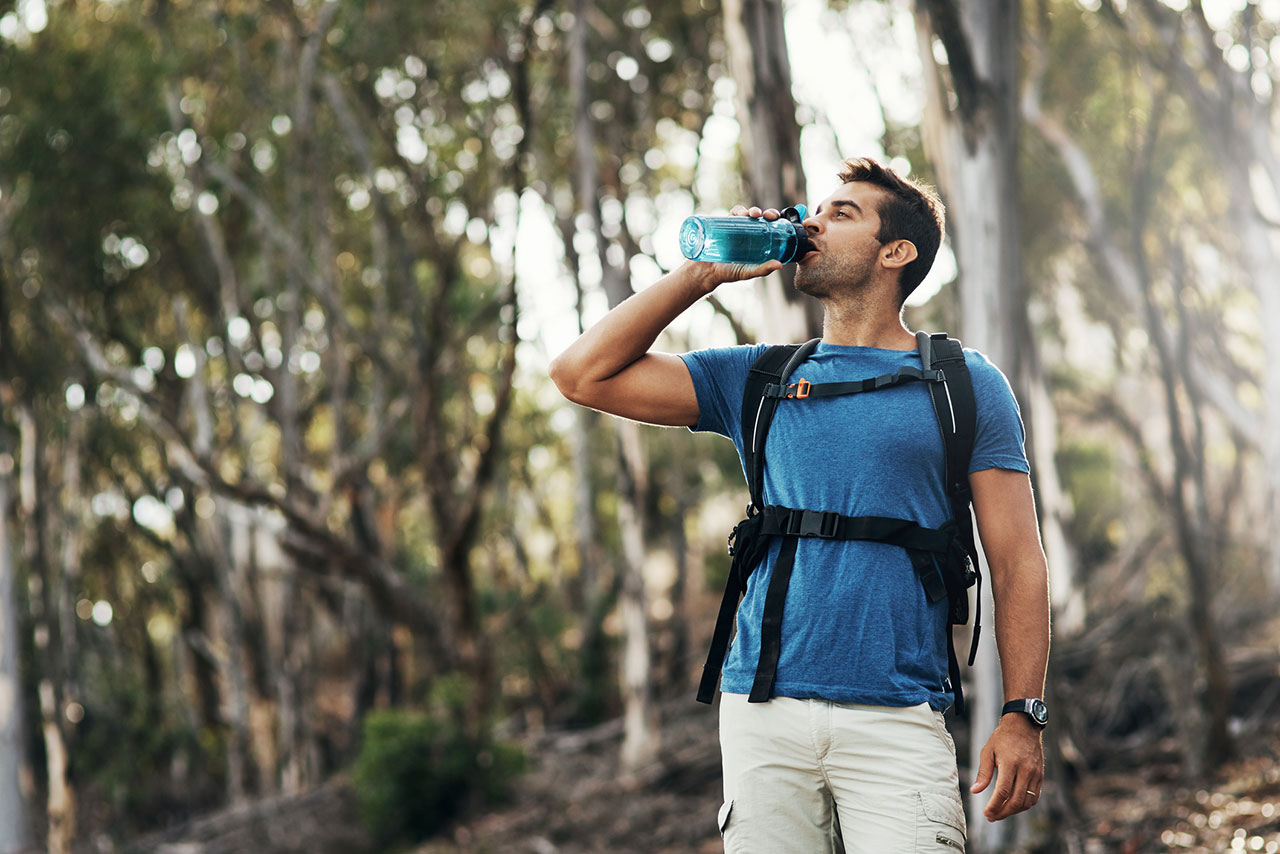
I hate the taste of my water!
Just because the taste of tap water isn’t pleasant doesn’t usually mean it is contaminated. The taste difference is probably due to chlorine or minerals in the water. The best way to get good-tasting water is with a good water filter. If you just don’t like the taste of water in general, try adding a splash of lemon juice or try frozen fruit instead of ice. Mint leaves added to your water are also quite refreshing.
The bottom line.
If you are not drinking the requisite amount of water, you should consider increasing it. While some water comes from your food, the majority of it comes from what you drink. To live a healthy life, just add water!
